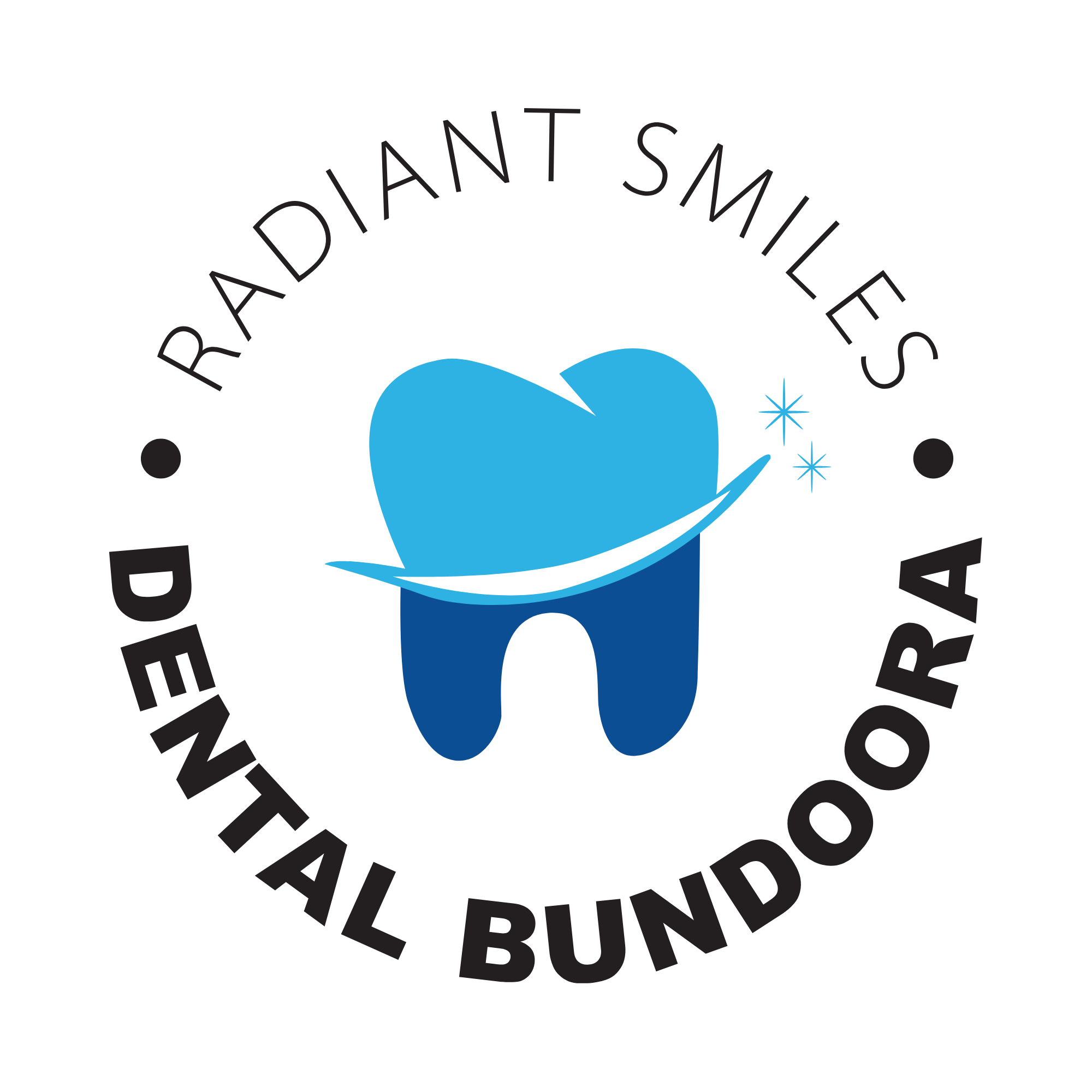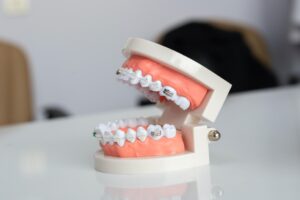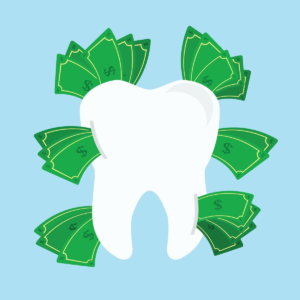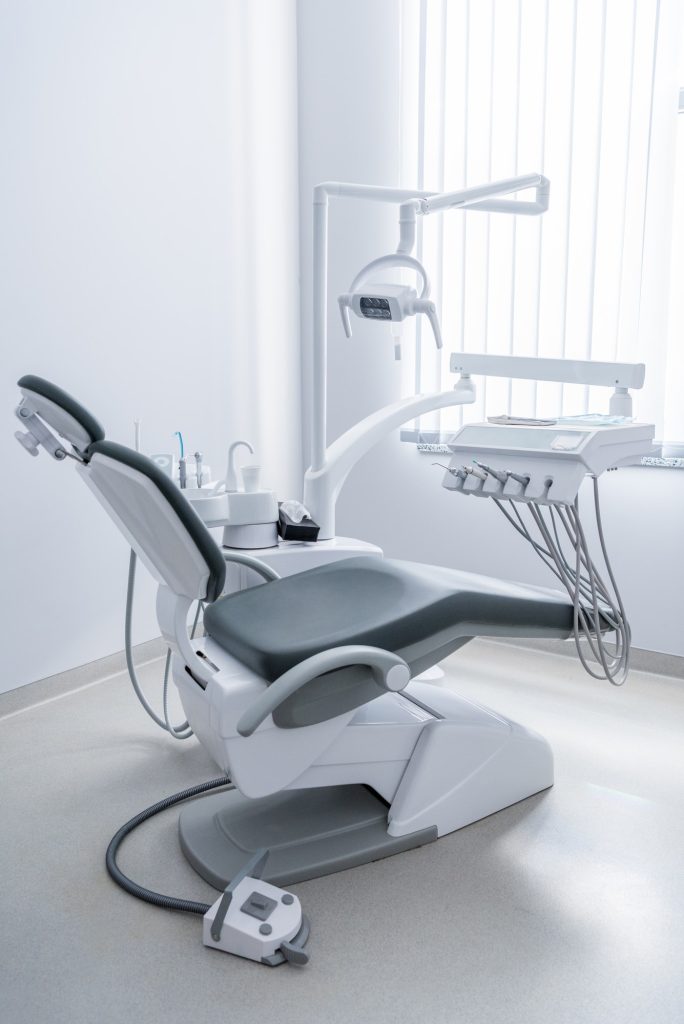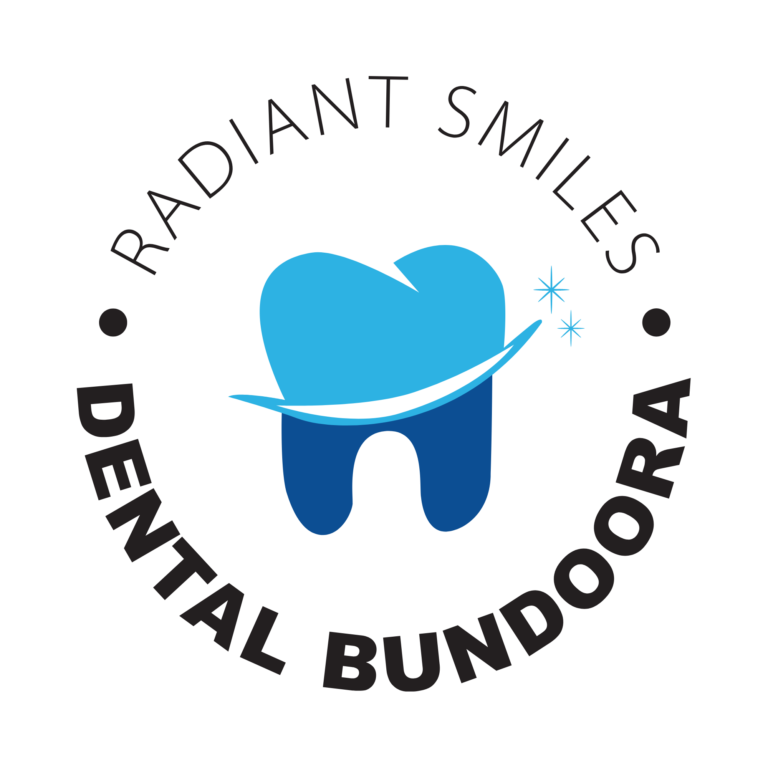[et_pb_section fb_built=”1″ _builder_version=”4.9.4″ _module_preset=”default”][et_pb_row _builder_version=”4.9.4″ _module_preset=”default”][et_pb_column type=”4_4″ _builder_version=”4.9.4″ _module_preset=”default”][et_pb_text _builder_version=”4.9.4″ _module_preset=”default” hover_enabled=”0″ sticky_enabled=”0″]
If you are looking for a way to straighten and brighten your smile immediately, dental veneers may be a good choice. The process of having veneers fixed to your teeth is painless and relatively quick, allowing you to fix a discoloured or broken smile in just hours.
Like any cosmetic dentistry procedure, choosing to get porcelain veneers is a big decision. Veneers can be costly, and once affixed, they cannot be removed or altered in appearance. It is best to thoroughly explore veneers’ pros and cons before opting for the procedure and scheduling an appointment with your dentist to discuss your dental needs.
What are Dental Veneers?
Dental veneers are ultra-thin layers of porcelain or composite resin applied to the front of your teeth in a cosmetic dentistry procedure. Porcelain veneers are generally preferred over composite veneers because they look more like natural teeth and last longer. However, composite veneers are less costly than porcelain veneers.
Veneers are meant to correct your teeth’s appearance by covering up discolouration and realigning your smile. Therefore, many people who opt for dental veneers do so because they have badly stained or discoloured teeth, wish to eliminate a wide or oddly spaced gap in their teeth or have mild malocclusion.
Most patients who wish to get veneers are eligible since it is a cosmetic process and does not involve surgery. Unfortunately, those who have damaged teeth or gums may not be well suited to this type of cosmetic dentistry treatment and instead require restorative work such as dental implants or dental crowns to correct their smile.
Dental Veneer Procedure
When considering veneers pros and cons, it is helpful to understand how the dental veneer procedure works. The general processes of having veneers put on your teeth is as follows:
-
Preliminary Appointment
During your initial consultation, your dentist will assess your eligibility for veneers. Expect to have X-rays taken and discuss any additional procedures that your dentist thinks you may need before the veneer application. You will also choose whether to go with porcelain veneers or composite veneers.
-
Teeth Moulding
For porcelain veneers, your dentist will need to take a mould of your teeth to custom-create your veneers. This typically involves grinding down approximately a half millimetre of enamel off your tooth, followed by taking a tooth impression. This mould is sent to a lab to create your veneers.
-
Veneer Application
To apply your veneers, your dentist removes bacteria from your teeth with a deep clean. If you choose composite veneers, your dentist will layer the resin on your teeth layer by layer to achieve the desired result. Each layer is hardened with UV light until it is complete.
If you are receiving porcelain veneers, your tooth is ground further to create a rough surface for the veneer to adhere to. Then your dentist uses dental cement to bond the veneer to your tooth, which is hardened by UV light. This cosmetic dentistry procedure usually only lasts about two hours.
-
Aftercare
 Because it is a cosmetic dentistry treatment, veneers require very little aftercare.
Because it is a cosmetic dentistry treatment, veneers require very little aftercare.
After the cement has hardened and any anaesthetics that were used wear off, you are free to use your teeth normally.
Care for your veneers just as you would your natural teeth, and avoid chewing on hard foods or items like pens or ice. In addition, it’s best to wear a mouthguard if you play sports and avoid using your teeth to open packaging.
The Pros of Dental Veneers
Dental veneers can address some dental issues and help you gain back your confidence and time.
-
Custom Made for Aesthetic Appeal
Using dental veneers, you can improve the appearance of crooked and small teeth. If your teeth are worn down or chipped, porcelain veneers can fix the problem. They look and feel like your natural teeth, so the people around you won’t realise the difference.
Dental veneers can also correct slightly crooked teeth. In some cases, composite resin or porcelain veneers can fill in gaps in smiles by adding more surface area to a small tooth. However, if your teeth require more orthodontic treatment, your dentist will refer you to another dental professional.
-
Fast Application
Porcelain veneers are generally more favoured for dental veneers, but they do take longer to fabricate. The dentist removes some enamel from your teeth for a precise mould. They send a cast of your mouth to a laboratory for an exact fitting of the porcelain veneers.
Composite resin veneers can be completed on the same day, making them ideal for when you need immediate visible improvement. The dentist can place them directly on your teeth, saving you from making an additional appointment in the future. The quick application is one of the most significant benefits to consider when exploring veneers pros and cons.
-
Long-term Whitening Effects
Porcelain veneers can brighten up your smile. If your teeth are stained from coffee or tobacco usage, you can refresh your look instantly with dental veneers. This is a good option for those who want to have whiter teeth permanently rather than undergoing regular whitening treatments.
The Cons of Dental Veneers
Despite the benefits dental veneers provide, there are certain factors you must be aware of before proceeding with their application.
-
Irreversible Dental Procedure
Your dentist must remove some tooth enamel to place dental veneers on your teeth for a proper fit. This is considered an irreversible process since the structure of the tooth must be reshaped to accommodate the veneers, and tooth enamel does not grow back. Among veneers pros and cons, this is one of the most challenging aspects for many people to come to terms with.
-
Increased Tooth Sensitivity
Some people experience increased tooth sensitivity to hot or cold conditions following the application of dental veneers, but this usually fades over time. Your dentist can offer you advice about how to deal with this issue that results from the enamel being removed from the teeth before dental veneers are fitted.
-
They Can Dislodge
Dental veneers are designed to fit your teeth, but sometimes they become dislodged or damaged. If this happens, then you can contact your dentist for assistance with repair or replacement.
Set Up Your Veneer Consultation
Weighing the veneers pros and cons is essential when considering undergoing a dental veneers treatment. The best way to decide whether veneers are right for you is to set up an initial consultation with Radiant Smiles Dental Group. Your dentist can address any questions you have about the process, cost, and benefits of porcelain or composite veneers so you can confidently move forward with the procedure. Call us on (03) 9000 0537 to set up your appointment today.
Note: Any surgical or invasive procedure carries risks. Before proceeding, you should seek a second opinion from an appropriately qualified health practitioner.
[/et_pb_text][/et_pb_column][/et_pb_row][/et_pb_section]
 Now
Now